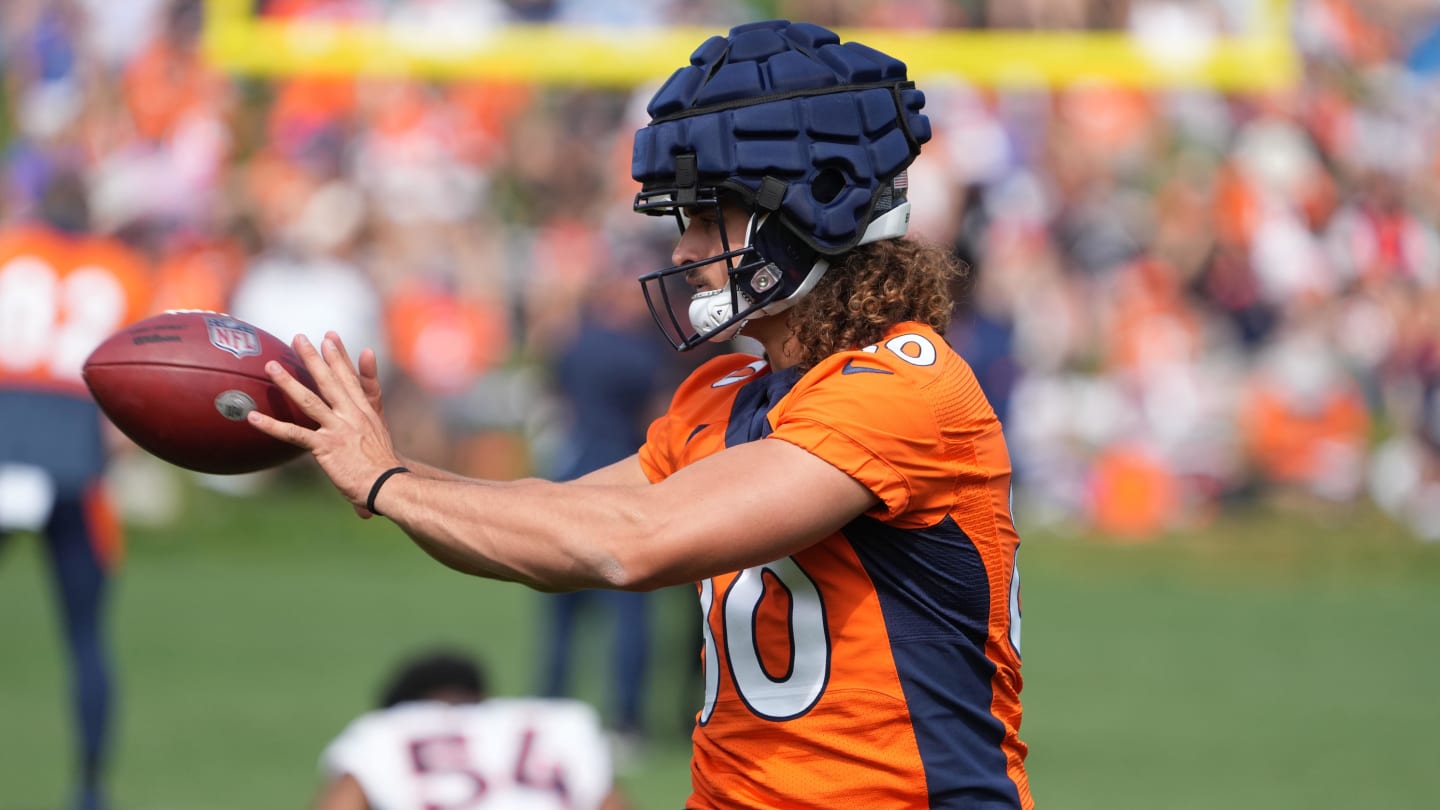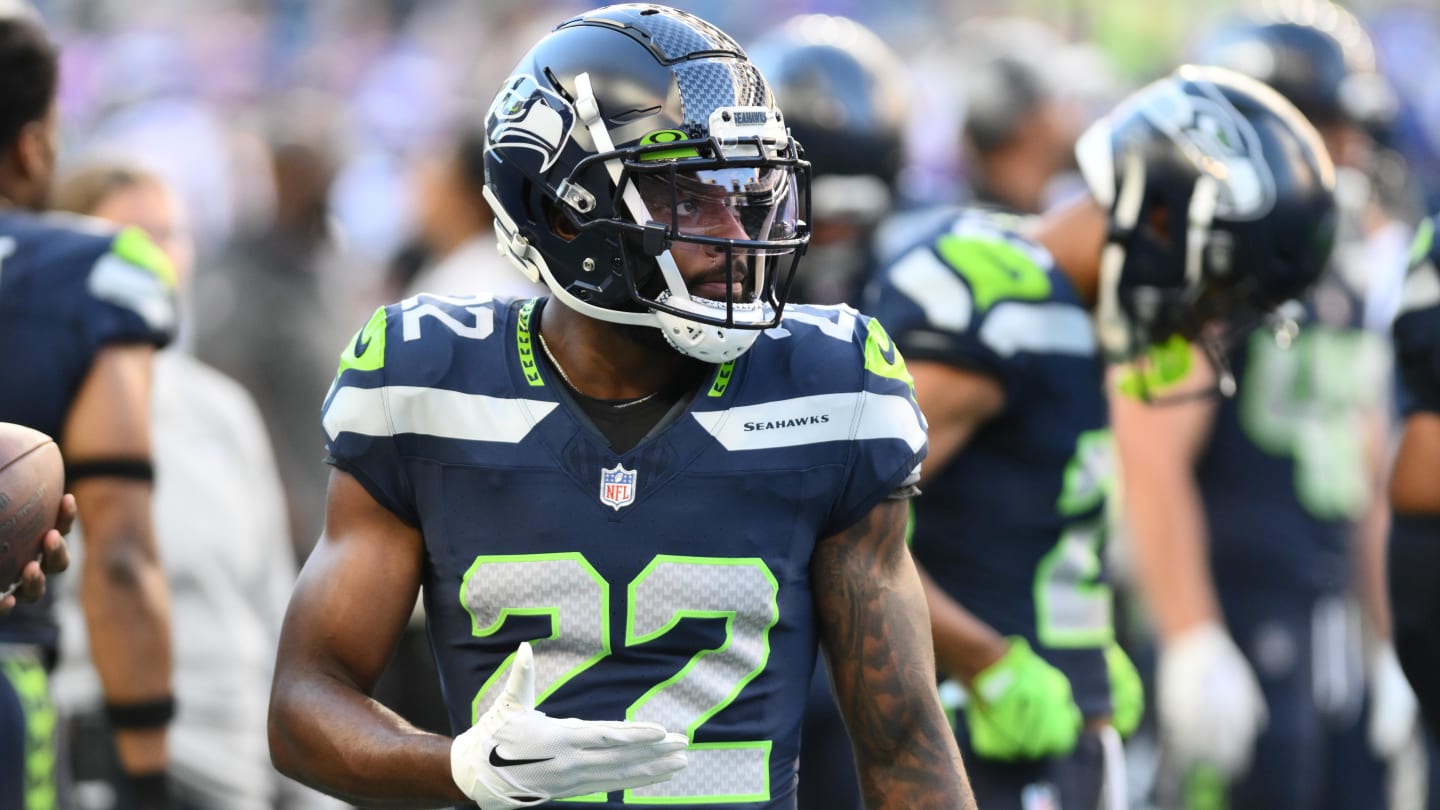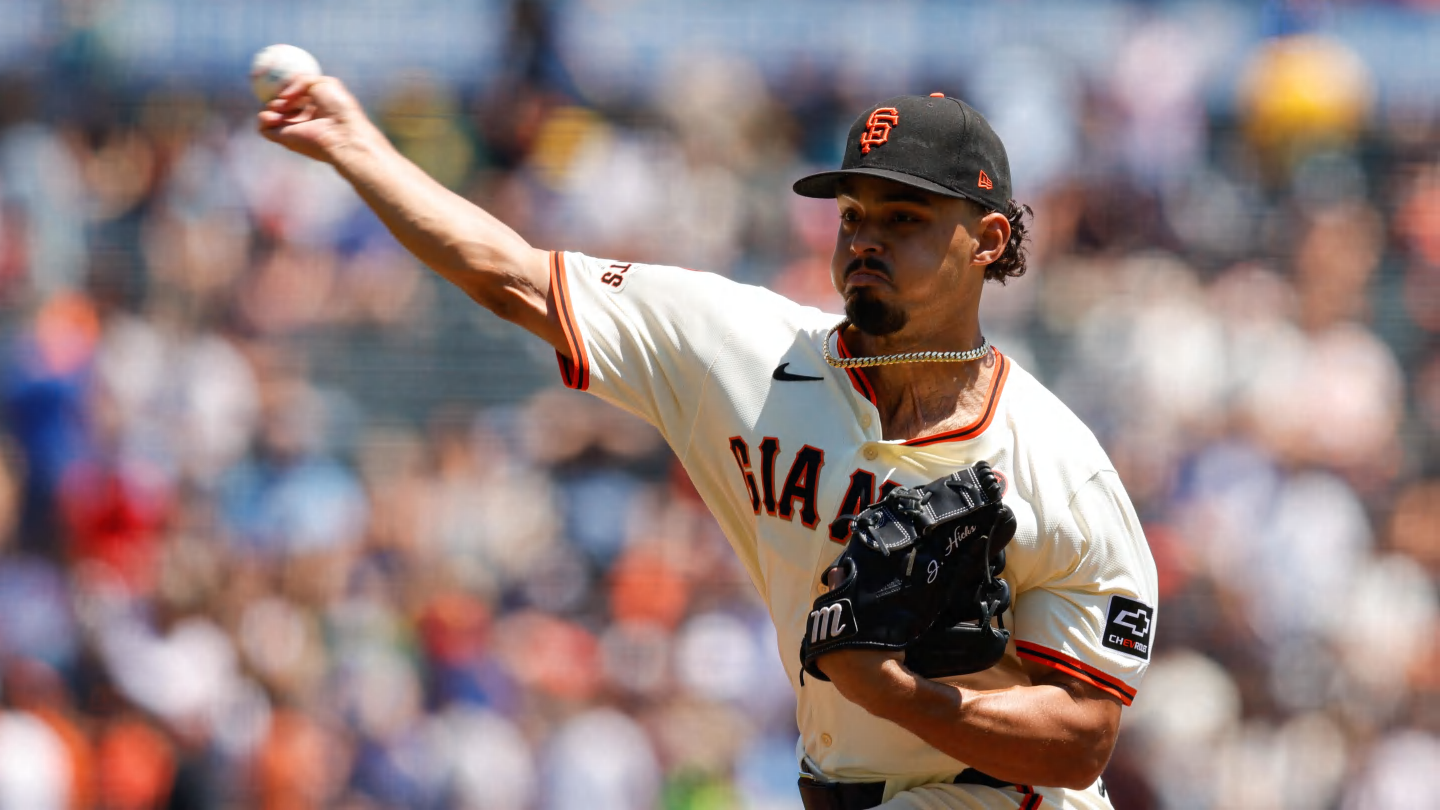(CNN) — Super Bowl LVIII came down to the wire. Sixty minutes of action couldn’t separate the Kansas City Chiefs and the San Francisco 49ers and so the Super Bowl went to overtime.
Hindsight is a wonderful thing, but the 49ers’ decision to take first possession in overtime has come under scrutiny given San Francisco’s defeat.
The 49ers won the coin toss and chose to have first possession. With it, they scored a field goal. Then it was the Kansas City Chiefs’ turn. A 14-play, 75-yard drive ensued and culminated in a three-yard touchdown pass from Patrick Mahomes to Mecole Hardman to crown the Chiefs and give them their third Super Bowl title in five seasons.
Although San Francisco coach Kyle Shanahan said he had discussed a possible overtime coin toss scenario before Super Bowl LVIII with his analytics team, a number of 49ers players have admitted that they weren’t aware that overtime rules had been changed for playoffs games.
Previously, the team who had the first possession of overtime could win with a touchdown on the opening drive. However the new rule states that both teams are guaranteed at least one possession.
“You know what? I didn’t even realize the playoff rules were different in overtime,” 49ers full back Kyle Juszczyk told reporters. “I assume you just want the ball to score a touchdown and win.
“I guess that’s not the case. I don’t totally know the strategy there. We hadn’t talked about it, no.”
San Francisco defensive lineman Arik Armstead admitted that he didn’t know about the postseason overtime rules until they put them on the big screen at Allegiant Stadium.
“They put it on the scoreboard, and everyone was like ‘Oh, even if you score, they get a chance still,’” Armstead told reporters, per ESPN.
Conversely, the Chiefs players explained that they’d been talking about the rule change all year so were prepared for the big moment.
“We’ve talked about it all year,” Chiefs safety Justin Reid said, per ESPN.
“We talked about it in training camp about how the rules were different in regular season versus the playoffs. Every week of the playoffs we talked about the overtime rule.”
Kansas City defensive lineman Chris Jones called the 49ers “crazy” for deciding to take the ball first, given the possible implications.
Chiefs head coach Andy Reid told reporters after the victory that if he had won the coin toss, his team would have kicked the ball off to begin overtime, a decision they came to after consultation with the team’s analytics department.
“It can go either way, but the one thing it does, it gives you an opportunity to see what you’ve got to do and they came down and scored three points, you’ve either got to score three or you’ve got to get a touchdown,” Reid explained.
“The one thing that people didn’t realize is that clock keeps going. So we were down low there but you’re fixing to start a new quarter, so the game wasn’t over in a tie. That wasn’t happening, not in the playoffs. And so we would, we would keep playing.
“And it’s a unique rule. It doesn’t get used very often. But I think it was great for the National Football League. It was great for the viewers of the National Football League. I mean, they got an extra quarter of football and people love this thing. It’s a great sport and people love watching it, especially with the competition level so high.”
What are the overtime rules in the postseason?
According to NFL rules for the playoffs, both teams are guaranteed an opportunity to possess the ball at least once, even if the team receiving the kickoff scores a touchdown. The game can only end sooner if the team that kicks off the period forces a safety on the receiving team’s initial possession.
Teams play a 15-minute period. Once both teams have had an opportunity to possess the ball, whichever team takes the lead next will win the game.
The rule was changed following a game in the 2022 postseason when the Chiefs beat the Buffalo Bills 42-36 by winning the coin toss and scoring a touchdown with the first possession, ending the match with the Bills never getting an opportunity to reply.
The ending of the AFC divisional round matchup between the Chiefs and the Bills shined a light on the rule, with some fans declaring it the worst in sports.
Previously, the team that received the opening kickoff in overtime would win the game if they scored a touchdown on their first possession.
The NFL’s overtime rules now are more similar those of college football, which many had argued were fairer.
(Copyright (c) 2023 CNN. All Rights Reserved. This material may not be published, broadcast, rewritten, or redistributed.)






























